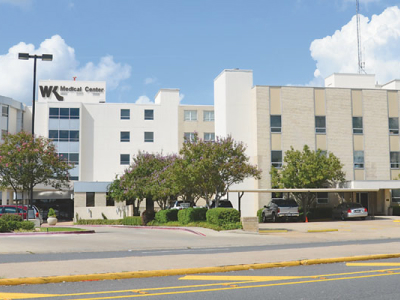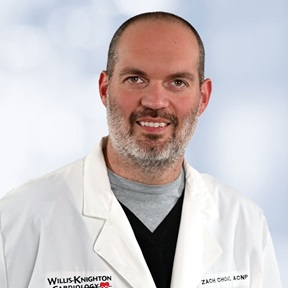Doctors and staff with special training in the diagnosis and treatment of heart failure provide comprehensive care for patients:
- Assessment and personalized care plan
- Follow-up visits
- Medication management
- Medical device management
- Analysis of symptoms
- Dietary recommendations
- Lifestyle changes
- Testing as needed
- Coordination of outpatient healthcare resources
- Education about condition for patient and family
- Reports to referring physician regarding progress



















